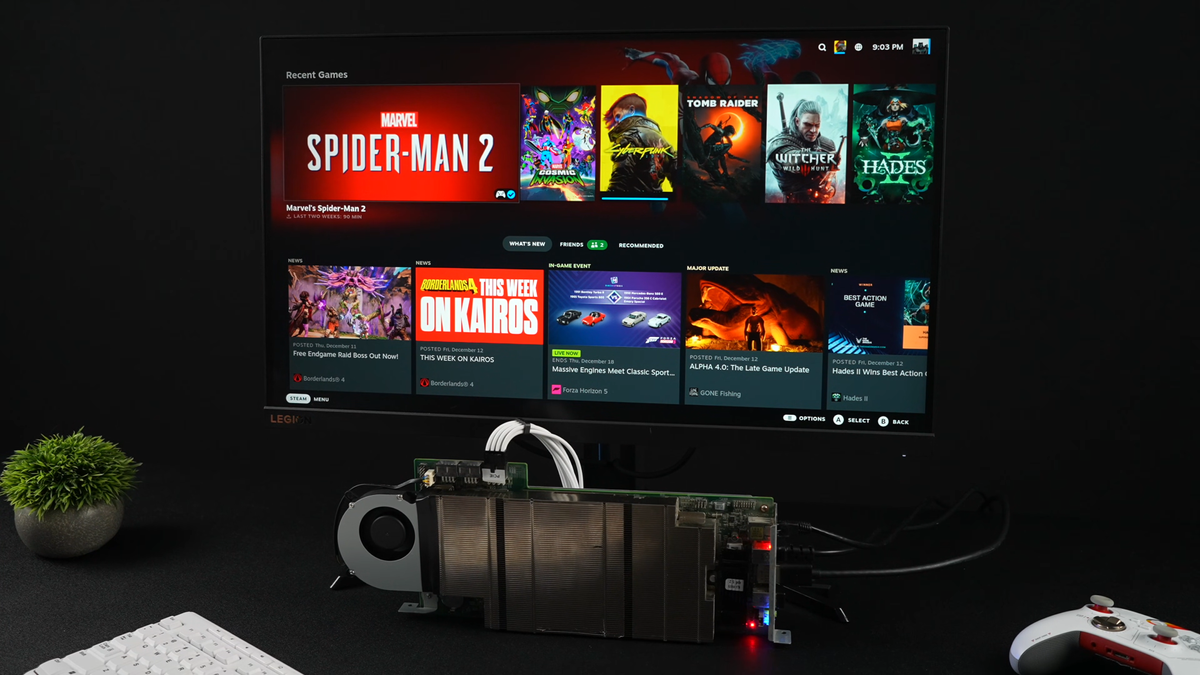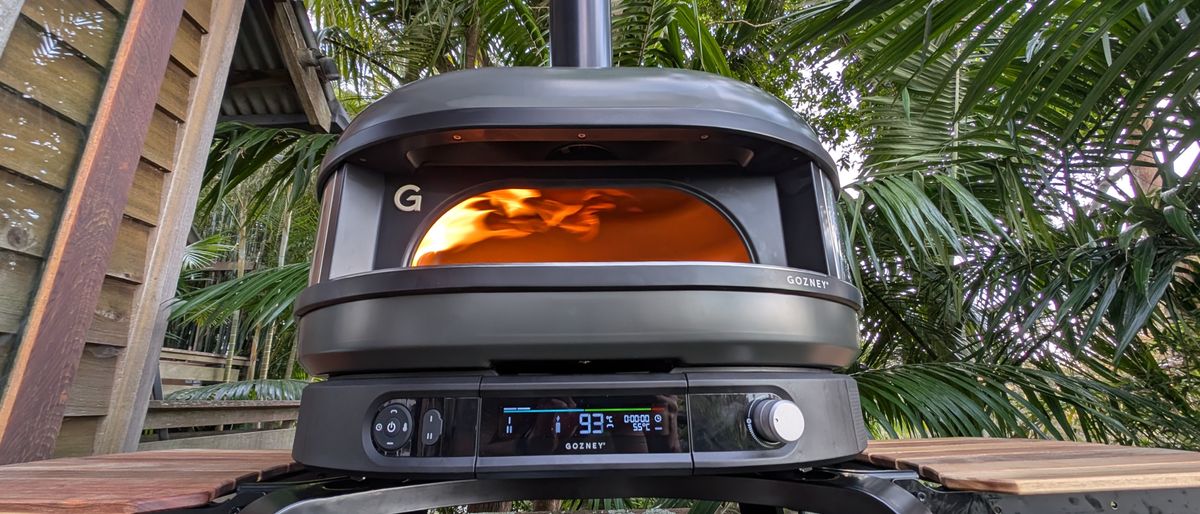Employers are increasingly offering pay boosts for workers with artificial intelligence skills, even in roles beyond tech. How much more? We looked at three different studies to see just how much more artificial intelligence skills will pay.
According to CNBC, roles specifying AI competencies are trending across job postings, with employers adding salary incentives for candidates who bring the right mix of AI know-how—even in traditionally non-technical roles.
The emerging trend reflects the growing importance of AI literacy across industries, as companies race to keep pace with automation while shoring up talent gaps.
This echoes findings from tech industry research group Lightcast, which analyzed more than 1.3 billion job ads and found that jobs requiring AI skills advertised a 28% premium, equivalent to nearly $18,000 per year. The premium skyrocketed to 43% when job listings specified two or more AI skills.
“Job postings are increasingly emphasizing AI skills and there are signals that employers are willing to pay premium salaries for them,” Elena Magrini, head of global research at Lightcast, told CNBC.
So exactly how much more are jobs willing to pay?
A study by Foote Partners supports this shift. It showed that employers pay 19% to 23% more for practical AI skills compared to a modest 9% to 11% lift for AI certifications, reflecting the value of demonstrated ability over credentials.
Global data from PwC’s 2025 AI Jobs Barometer suggests that workers with AI skills earn up to 56% more, a steep rise from the previous year. This trend holds across sectors: even roles in marketing, finance, human resources, and education are increasingly AI-enabled, and rewarded accordingly.
In the United Kingdom, CIO Dive reports that job postings with AI skill requirements offered a 23% wage premium, surpassing the value of master’s degrees (13%), though still trailing PhD-level pay (33%). Men and women with AI proficiency were shortlisted with salaries about 12%–13% higher than candidates without.
Why are these skills so prized?
Experts argue this reflects a broader shift toward “task-based hiring”, where AI-enabled work automates tasks and demands adaptability from human workers. Skills like prompt engineering, critical thinking, and AI judgment increasingly outweigh traditional credentials.
However, the transition raises concerns about equity.
Research shows that while AI-skilled roles now command significantly higher salaries, most workers, especially outside tech, have yet to upskill. A former OpenAI executive recently warned that AI talent has become the “new star athlete” of the workforce, with HR systems struggling to keep pace.
Perhaps more tellingly, the research increasingly supports the idea that AI is no longer a niche technical specialty: it’s becoming a widespread professional credential.
Employers are rewarding workers who can harness these tools across business functions, signaling a long-term shift to a skills-first economy. Those who adapt may command top-of-market compensation; those who don’t may find themselves left behind.









 English (US) ·
English (US) ·